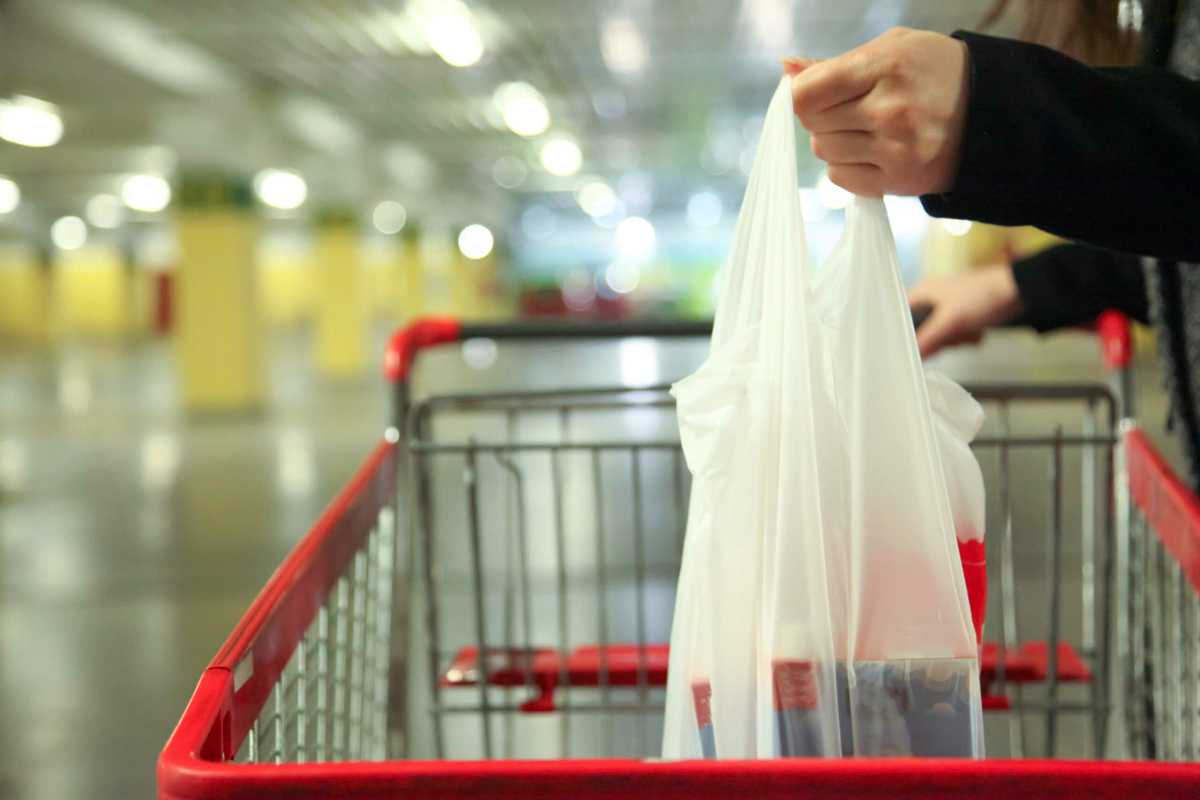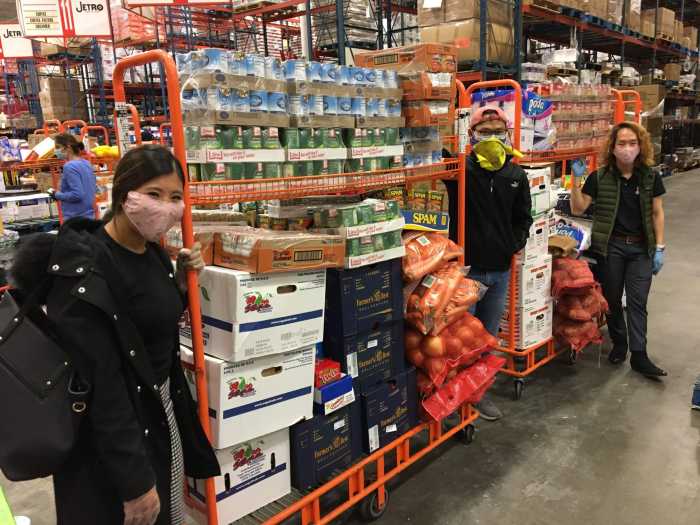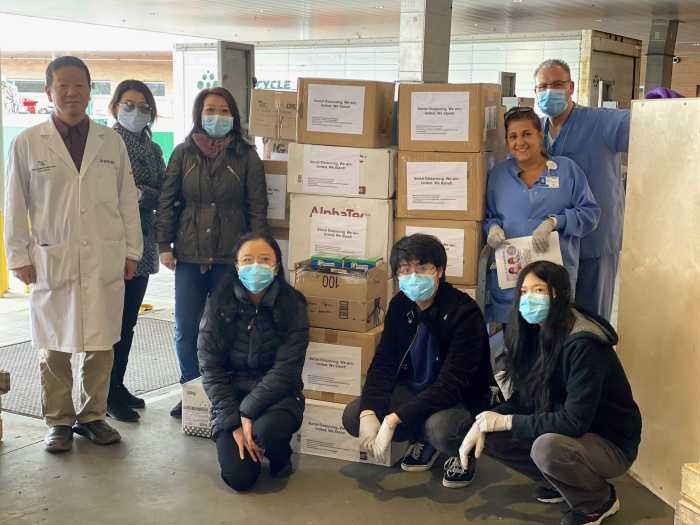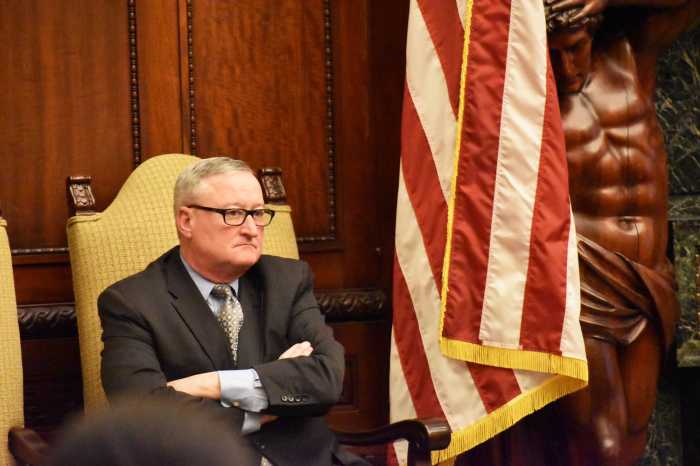The irony of the announcement was inescapable, perhaps most of all for Mayor Jim Kenney, who made it after discussing the 50th anniversary of Earth Week.
On Earth Day, which was Wednesday, Kenney said enforcement of a city-wide ban on plastic bags would be pushed back six months—yet another postponement caused by the novel coronavirus. It was supposed to be slowly rolled out beginning in July.
“Due to our ongoing response to COVID-19 and our commitment to ensuring that businesses are as supported as possible when they reopen, the ban’s initial effective date of July 2, 2020, is no longer realistic,” Kenney said.
“This is not an announcement we want to make during Earth Week,” he added. “We know the climate crisis and plastic pollution remain two very serious threats to our planet and society, even during a global pandemic.”
Under the revised timeline, businesses will be required to start posting notices of the changes in February and the ban will go into effect next April. Fines won’t be issued until July 2021, the city said.
City Council voted to get rid of the bags, a major source of litter, back in December.
COVID-19 has had at least one positive effect on the environment, reducing air pollution, according to a report released Wednesday by the Department of Public Health.
Since Kenney’s stay-at-home order went into effect, carbon dioxide in Philadelphia’s air decreased by 25 percent. Meanwhile, nitrogen dioxide fell 22 percent and fine particulate matter, which can aggravate asthma, dropped about 18 percent.
Health Commissioner Thomas Farley credited the improvements to a precipitous decline in driving.
“When this is all over, we’re going to need to find ways to continue that by keeping our vehicle pollution down,” he said.
Officials on Wednesday reported 615 new coronavirus cases, a significant jump from days past. Farley said a reclassification of certain cases, some of which were positive tests from 10 days ago, led to a higher count.
“Many of those actually represent cases that were reported to the state health department previously but the county of residence wasn’t known, so, since that time, the data’s been cleaned up,” he said.
There were 29 additional COVID-19-related deaths, raising the city’s toll to 423. Nursing home residents account for about 52 percent of the fatalities.
A total of 1,824 patients are hospitalized with the virus in Philadelphia and Montgomery, Delaware, Bucks and Chester counties, according to Farley.
City leaders continue to be frustrated over a lack of access to testing supplies, an issue that has been in the national spotlight. In one case, Farley said, the city ordered 10,000 swabs for testing and only received 500.
It appears medical supply distributors and manufacturers are rationing equipment across the country, Farley said. He’s hoping for help from the federal government.
“This is a national problem,” he said. “It needs a national solution.”
“We are weeks into this,” Farley added. “I thought when we started that this problem would have been solved by now. I don’t understand why it hasn’t been solved by now.”
Due to the shortage, the city is only recommending testing for those with symptoms commonly associated with COVID-19 who are healthcare workers or 50 and older. If more supplies were to become available, Farley said he would like to see young people who are sick tested.
Early on in the epidemic, Philadelphia deployed contact tracing, where individuals infected with the virus were identified and city employees reached out to their family members, friends and others they recently interacted with and urged them to quarantine.
Farley called contact tracing “essential” to reopening society. However, it’s impossible to do with hundreds of new cases a day, he said, and he estimated the city might be able to handle the task if less than 50 additional infections were reported daily.
The health department is working to build capacity and form partnerships to be able to handle contact tracing once cases begin to decline, Farley said.




























